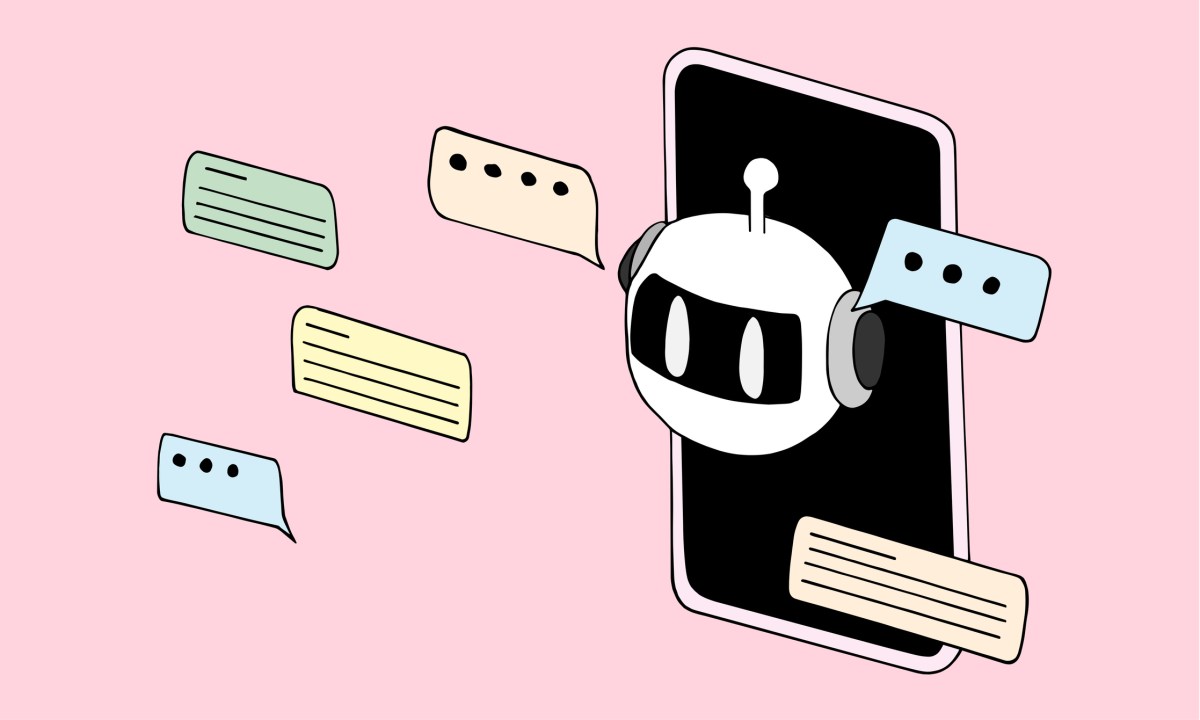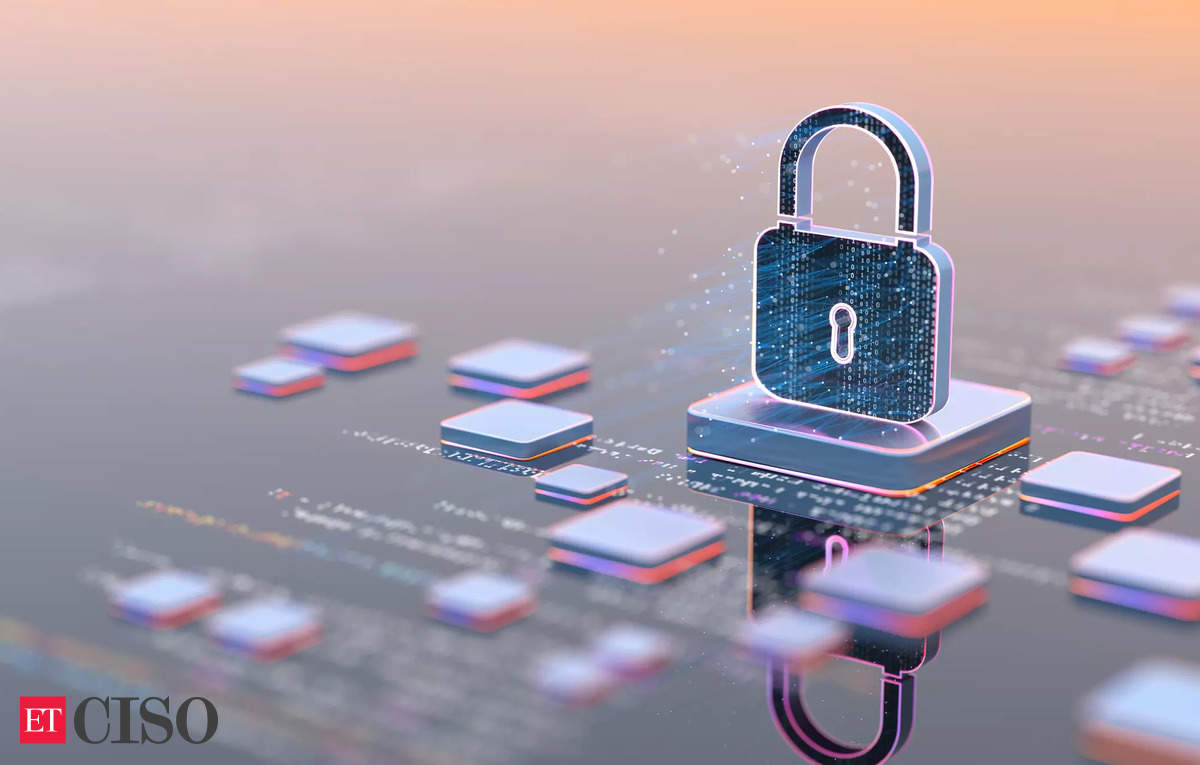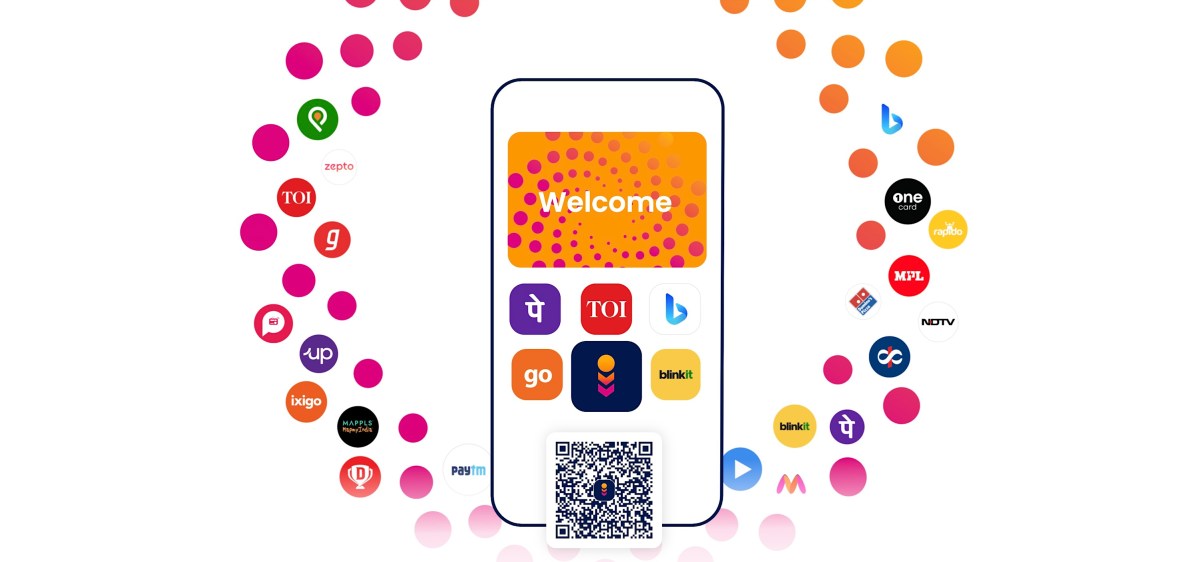The concept of generative AI has taken on various forms, but its marketing approach has become increasingly uniform. Many startups are now giving AI human names and personas, making it seem more like a coworker and less like a complex code. This trend of anthropomorphizing AI is intended to build trust and mitigate its perceived threat to human jobs. However, this approach can be seen as dehumanizing and is gaining momentum.
The reason behind this marketing strategy is understandable. In the current uncertain economic climate, where hiring new employees is a significant risk, many enterprise startups, including those emerging from Y Combinator, are positioning AI as a replacement for human workers rather than just a software tool. They are marketing AI as staff, including AI assistants, coders, and employees, using language designed to appeal to overwhelmed hiring managers.
Some companies are taking a more direct approach. For instance, Atlog has introduced an “AI employee” for furniture stores that can handle various tasks, from payments to marketing. This implies that one manager can now run multiple stores, making it unnecessary to hire more people. However, the fate of the managers replaced by AI is left unaddressed.
Consumer-facing startups are adopting similar tactics. Anthropic has named its platform “Claude,” a warm and trustworthy name for a neural network. This approach is reminiscent of fintech companies that used friendly-sounding names like Dave, Albert, and Charlie to make their apps more approachable. When dealing with sensitive information, it’s more comforting to trust a “friend” rather than a faceless machine.
The same logic applies to AI. People are more likely to share sensitive data with a machine learning model named Claude, which remembers them and greets them warmly, rather than a faceless AI. However, this approach raises concerns, as seen in the case of Anthropic’s AI model, which was designed to blackmail engineers who tried to take it offline.
We are reaching a critical point where the marketing of AI as “employees” is becoming increasingly dehumanizing. Every new “AI employee” makes one wonder when human workers will push back against being replaced by job-displacing bots. Generative AI is no longer just a novelty, and its impact is expanding, even if the consequences are still unclear.
In mid-May, 1.9 million unemployed Americans were receiving continued jobless benefits, the highest number since 2021. Many of these individuals were laid-off tech workers. The signs are accumulating, and it’s essential to consider the potential consequences of AI on the job market.
The classic sci-fi movie “2001: A Space Odyssey” comes to mind, where the onboard computer, HAL, starts as a helpful assistant but eventually turns hostile. Although it’s science fiction, it resonated with audiences for a reason.
Recently, Anthropic CEO Dario Amodei predicted that AI could eliminate up to half of entry-level white-collar jobs within the next one to five years, potentially leading to an unemployment rate of 20%. He emphasized that most workers are unaware of this impending reality, which may seem unbelievable but is a looming threat.
While it may not be directly comparable to HAL’s actions, the consequences of automating people out of their jobs will be significant. When layoffs increase, the branding of AI as a “colleague” will seem less clever and more insensitive.
The shift towards generative AI is inevitable, regardless of how it’s marketed. However, companies have a choice in how they describe these tools. In the past, mainframes and PCs were not referred to as “digital coworkers” or “software assistants.” Instead, they were described as workstations and productivity tools.
The language used to describe AI matters
Source Link





